As you embark on the journey of developing with Node.js and a database, the necessity of a robust Strapi hosting provider comes into play.
Majority of these hosting providers offer VPS (Virtual Private Server) or dedicated servers, often categorized as managed or unmanaged. These classifications offer varying degrees of control and responsibility, so choosing the right one is pivotal.
The market is brimming with VPS providers and cloud hosting services that cater to this need. However, not all are cut out for hosting a Node.js application like Strapi CMS. A stumbling block can often be the lack of support or the absence of one-click application development solutions, two components crucial for efficient project execution.
Our article serves as your navigator in this sea of options, leading you towards the perfect solution. We delve into the specifics of each provider, their pros and cons, and their ability to support a Node.js application such as Strapi CMS.
This way, you can make an informed choice tailored to your specific requirements. Buckle up and let's explore these Strapi Hosting providers together.
The Top 7 Best Strapi Hosting Providers
| Hosting Provider | Pricing for VPS | Disk Space | Bandwidth | RAM |
|---|---|---|---|---|
| Hostinger | $3.99 – $177.99/month | 20 GB – 250 GB | 1 TB – 12 TB | 1 GB – 16 GB |
| A2 Hosting | $5 – $50/month | 75 GB – 150 GB | 2 TB – 4 TB | 4 GB – 8 GB |
| DigitalOcean | $4 – $96/month | 10 GB – 320 GB | 500 GB – 6,000 GiB | 512 MB – 16 GB |
| Liquidweb | $25 – $145/month | 40 GB – 200 GB | 10 TB | 2GB – 16GB |
| Kamatera | $4 – $384/month | 20GB – 4TB | 5TB | 1GB – 130GB |
| CloudWays | $14 – $96/month | 10 GB – 320 GB | 500 GB – 6,000 GiB | 512 MB – 16 GB |
| Heroku | $5 – $500/month | Unlimited | Unlimited | 512MB – 14GB |
1. Hostinger

- High-performance servers with speed optimization
- Multiple server locations globally
- VPS hosting with scalable resources
- Starting at $3.99/month
Pros
- Outstanding server speed and reliability
- Excellent for Node.js apps, including Strapi CMS
- 24/7 customer support
- Affordable pricing plans
Cons
- Renewal prices can be high
- Some features only available in higher-tier plans
Hostinger is famed for its swift server performance and global server locations. With optimized Node.js support, it offers a platform ideal for running Strapi CMS and other similar applications.
They offer cost-effective VPS hosting options that don't compromise on quality, making it a great choice for many businesses.
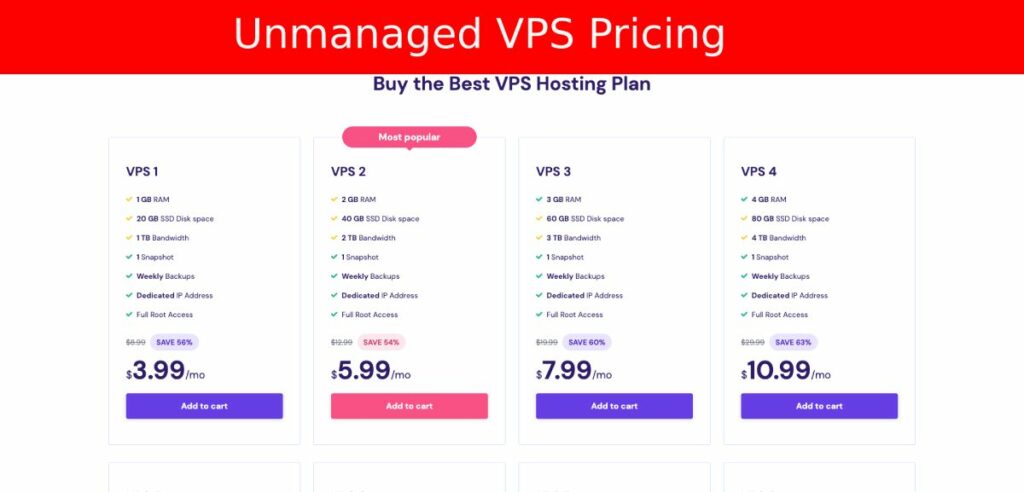
2. A2 Hosting

- High-speed performance with turbo servers
- Multiple global data center locations
- 24/7/365 Guru Crew Support
- Starting at $2.99/month
Pros
- Impressive speed performance
- Superb support for Node.js applications
- Dedicated and responsive customer service
- Offers free site migration
Cons
- Slightly higher prices than some competitors
- Turbo servers only available in higher-tier plans
A2 Hosting has earned its reputation through fast hosting services and excellent customer support. Its VPS servers are well-optimized for Node.js applications, including Strapi CMS, and offer several server locations for optimal latency.
They offer linux unmanaged Virtual Private Servers that are perfect for developing Nodejs apps.
Their commitment to speed and performance is commendable, making them a top choice for many users.
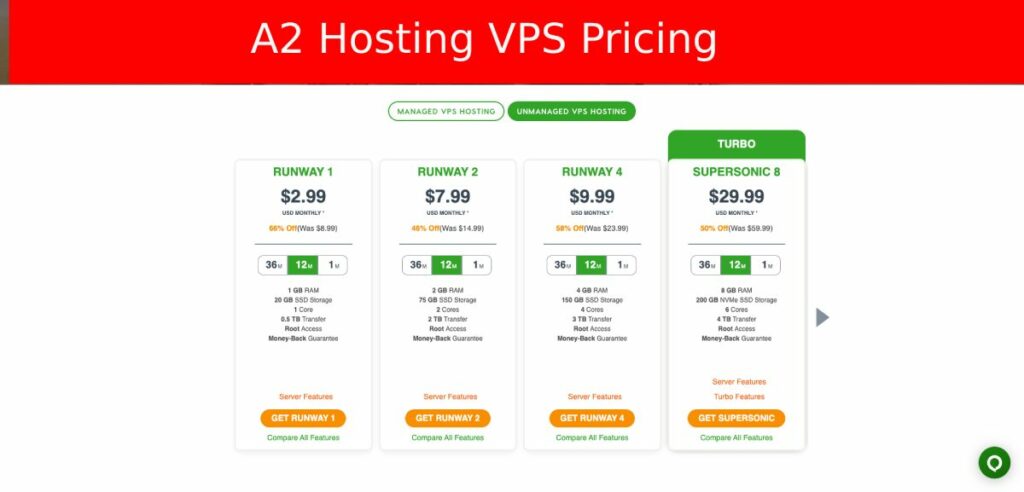
3. DigitalOcean

- Robust and reliable cloud servers
- Multiple global data centers
- Scalable resources to match your needs
- Starting at $5/month
Pros
- Easy-to-use and flexible
- Supports a wide range of applications
- Excellent performance and uptime
- Great developer community
Cons
- Less beginner-friendly
- Customer service can be improved
DigitalOcean stands as a powerful choice for developers needing high performance and versatility. The service excels in offering robust support for Node.js applications like Strapi CMS.
Its flexible cloud servers and scalable resources meet the demands of growing businesses. However, it might require a bit more technical know-how compared to other providers.
DigitalOcean is one of the bet for cloud Node.js hosting available on the internet.
What makes DigitalOcean on of the best is the fact their APP marketplace offer one-click deployment for NodeJS. You can read the full documentation here: DigitalOcean Strapi Deployment
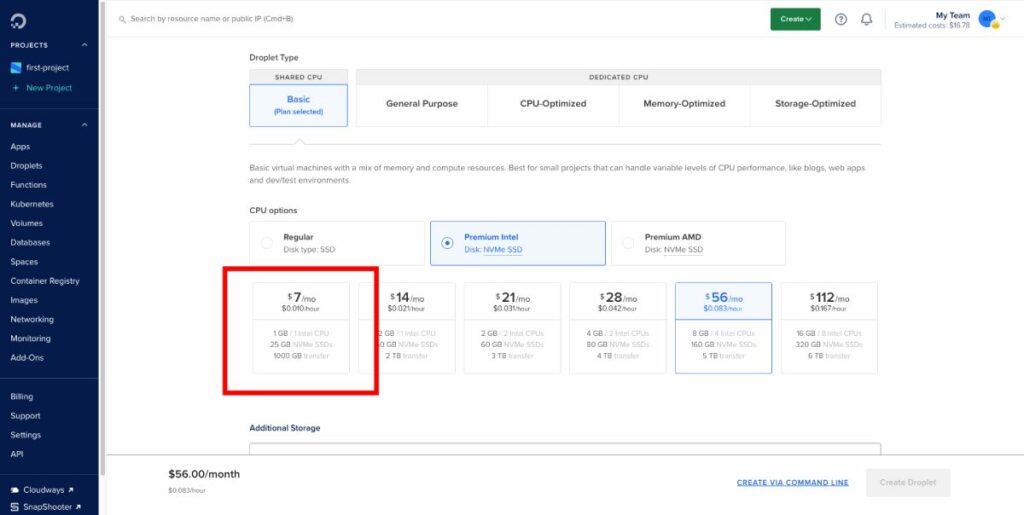
4. LiquidWeb

- Powerful server performance and reliability
- Outstanding customer service
- Dedicated hosting for enhanced performance
- Starting at $15/month
Pros
- Highly reliable and fast servers
- Exceptional customer service
- Offers a lot of flexibility and control
- Great for high-traffic websites
Cons
- Higher starting price
- May be overkill for smaller websites
LiquidWeb is well-suited for demanding Node.js applications.
Their dedicated hosting offerings come with a higher price tag, but you receive premium service in return.
You can expect superior server performance and exceptional customer support. LiquidWeb could be the right choice if you have a high-traffic site and need top-tier hosting.
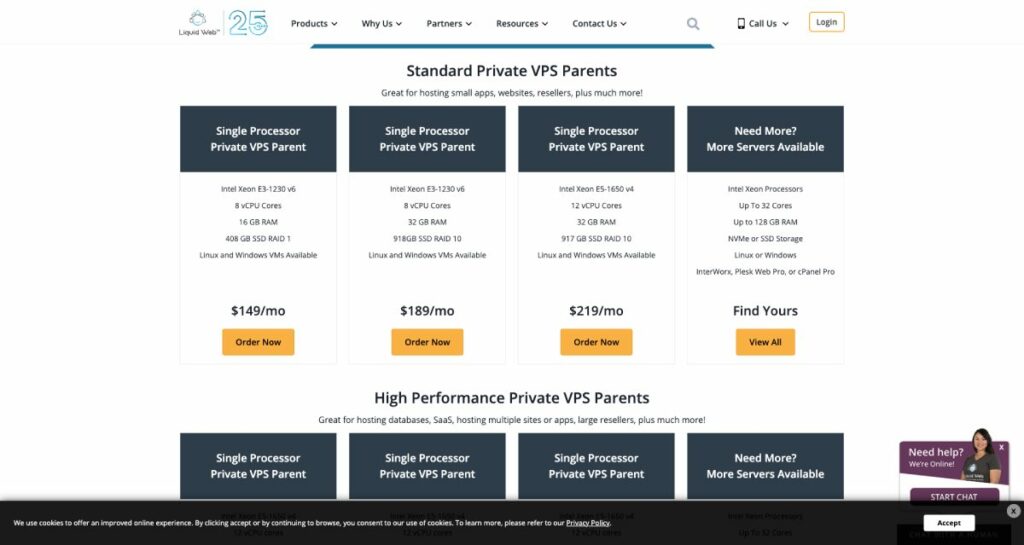
5. Kamatera

- High-performance cloud servers
- Multiple data centers around the world
- Scalable resources to meet your needs
- Starting at $4/month
Pros
- Powerful and flexible cloud servers
- Excellent for a variety of applications
- Great scalability and performance
- User-friendly management console
Cons
- Can be technical for beginners
- Support could be more responsive
Kamatera provides robust and scalable cloud servers that are perfect for hosting JS based applications like Strapi. Their high-performing servers are present worldwide, offering you excellent speed and reliability.
While the management console is easy to use, beginners may find some aspects of Kamatera technical. Still, its flexibility and scalability make it an attractive hosting solution.
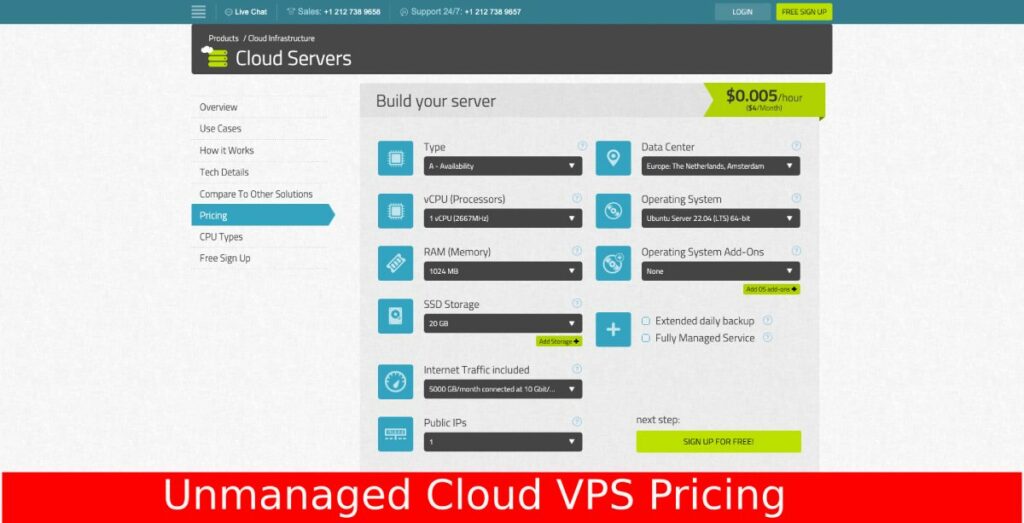
6. CloudWays

- Managed cloud hosting for ease of use
- Multiple cloud infrastructures to choose from
- Excellent server performance
- Starting at $10/month
Pros
- Great performance and speed
- User-friendly platform
- Excellent customer service
- Free trial available
Cons
- Email hosting costs extra
- Limited advanced features
CloudWays is a fantastic option for those looking for managed cloud hosting services. Their platform stands out with its user-friendly nature and excellent customer service. It offers solid support for web applications like Strapi, with multiple cloud infrastructures to choose from.
CloudWays is also featured as one of the best Headless WordPress Hosting providers.
It's a bit pricier, but the performance and ease-of-use justify the cost.
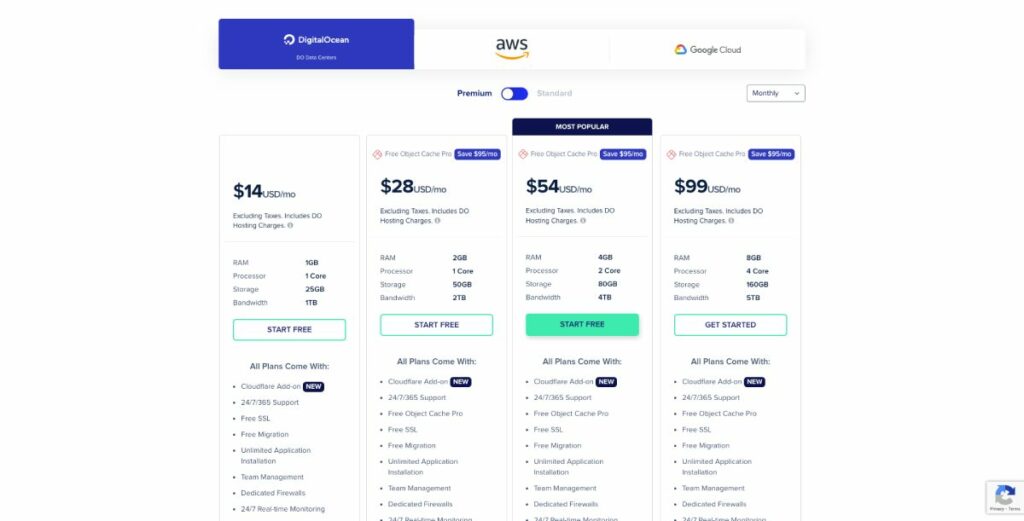
7. Heroku

- Developer-friendly cloud platform
- Scalable to accommodate growth
- Integration with other development tools
- Free tier available, paid plans start at $7/month
Pros
- Highly flexible and scalable
- Supports a multitude of languages and frameworks
- Great for development and deployment
- Excellent documentation and community support
Cons
- Can get expensive for large-scale applications
- Requires some technical knowledge
Heroku is a highly capable cloud platform service that suits developers working with JavaScript applications.
It's particularly admired for its flexibility, scalability, and the smooth integration it provides with other development tools.
While Heroku is remarkably developer-friendly, it requires some technical acumen. Despite this, its comprehensive documentation and robust community support make it a reliable choice for hosting.
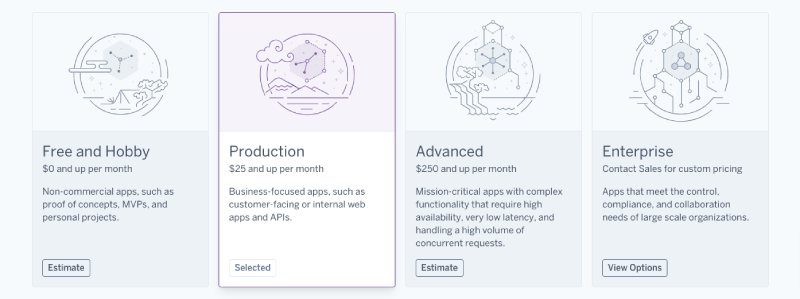
FAQs
Strapi is an open-source, Node.js-based, headless content management system (CMS). A headless CMS provides a way to manage and deliver digital content without a front-end delivery layer. This means the CMS only pushes the content, and developers are free to design their front-end and consume the content however they like, using any platform or device.
Strapi is built on top of Koa, a modern and lightweight Node.js web framework, and uses a RESTful API structure. In addition, Strapi also supports GraphQL, a query language for APIs that provides a more efficient data integration process.
The main selling points of Strapi are its flexibility, extensibility, and efficiency. It allows you to create, manage, and distribute content in a fast and efficient manner. You can define your own content model that suits your project, and use Strapi’s API to handle the data.
Strapi is also quite developer-friendly. Developers can quickly build their APIs due to Strapi's extensibility and a fully customizable API and admin panel.
Hosting a Strapi CMS instance has specific requirements due to its reliance on a Node.js environment and the need for a database to store content. As of my last update in September 2021, here are the key requirements for hosting Strapi:
Node.js: Strapi runs on Node.js, so your hosting provider must support Node.js applications. The required version may vary depending on the version of Strapi you're using, but it's generally a good idea to use a recent long-term support (LTS) version of Node.js.
Database: Strapi uses a database to store your content. It supports several databases such as SQLite, MySQL, Postgres, and MongoDB. Your choice of database may affect your hosting decision, especially if you want to use a managed database service.
NPM or Yarn: Strapi uses NPM or Yarn to manage its dependencies, so you'll need to have one of these installed in your environment.
Server: Strapi can run on any server that supports Node.js, including virtual private servers (VPS), dedicated servers, or platforms as a service (PaaS). It can also be run in a Docker container.
Operating System: Strapi can be hosted on any operating system that supports Node.js. This includes most Linux distributions, macOS, and Windows.
Storage: You should have sufficient storage space for your Strapi application and database. The exact amount will depend on the size of your website or application, but it's a good idea to have a significant amount more than you think you'll need to account for growth.
Memory: The memory required by Strapi can vary greatly depending on the complexity of your CMS and the amount of traffic it receives. However, as a starting point, you should have at least 2 GB of memory.
Bandwidth: Make sure you have enough bandwidth to accommodate your site's traffic.
Yes, you can absolutely self-host the open-source version of Strapi for free. However, please bear in mind that while the Strapi software doesn't come with a cost, associated services like cloud hosting or a virtual private server (VPS) would typically involve their own charges.
That said, Strapi also has an Enterprise Edition which includes added features like Role-Based Access Control (RBAC), Single Sign-On (SSO), and Support Level Agreement (SLA) backed support. This edition isn't free and would require a paid subscription.
Conclusion
Now, you're empowered to make an informed choice based on the providers we've listed above. Each one of them has been handpicked, taking into account crucial factors that impact your hosting experience. These factors include the cost of services, support for Strapi, performance, and the range of data centers they offer.
In evaluating these aspects, we've set the stage for you to find a provider that not only meets your budget constraints but also offers excellent support for Strapi CMS. Performance is another non-negotiable attribute, given that it directly influences your users' experience. Lastly, the geographical spread of data centers can influence your site's accessibility and speed across different regions.
So, delve in, compare, and choose a Strapi Hosting provider that can pave the way for a seamless, efficient, and successful Node.js development journey. Your perfect hosting partner awaits!
As one of the co-founders of Codeless, I bring to the table expertise in developing WordPress and web applications, as well as a track record of effectively managing hosting and servers. My passion for acquiring knowledge and my enthusiasm for constructing and testing novel technologies drive me to constantly innovate and improve.
Expertise:
Web Development,
Web Design,
Linux System Administration,
SEO
Experience:
15 years of experience in Web Development by developing and designing some of the most popular WordPress Themes like Specular, Tower, and Folie.
Education:
I have a degree in Engineering Physics and MSC in Material Science and Opto Electronics.



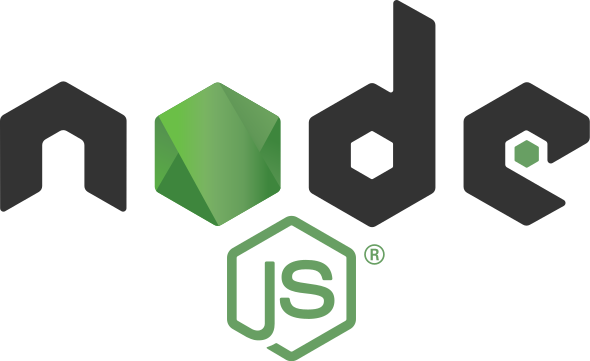
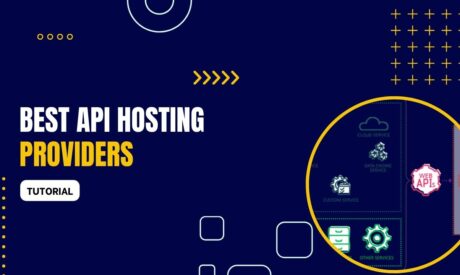
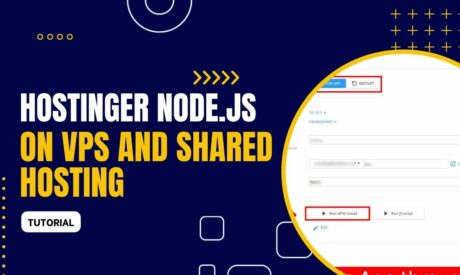
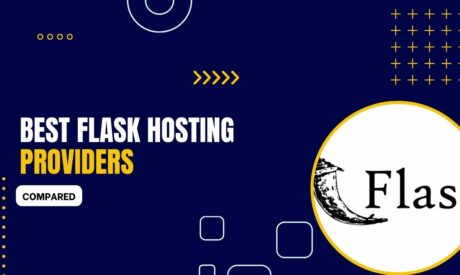
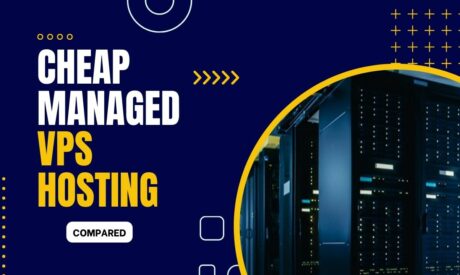
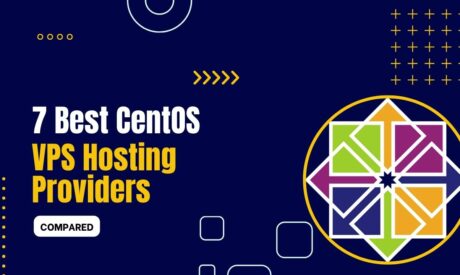
Comments